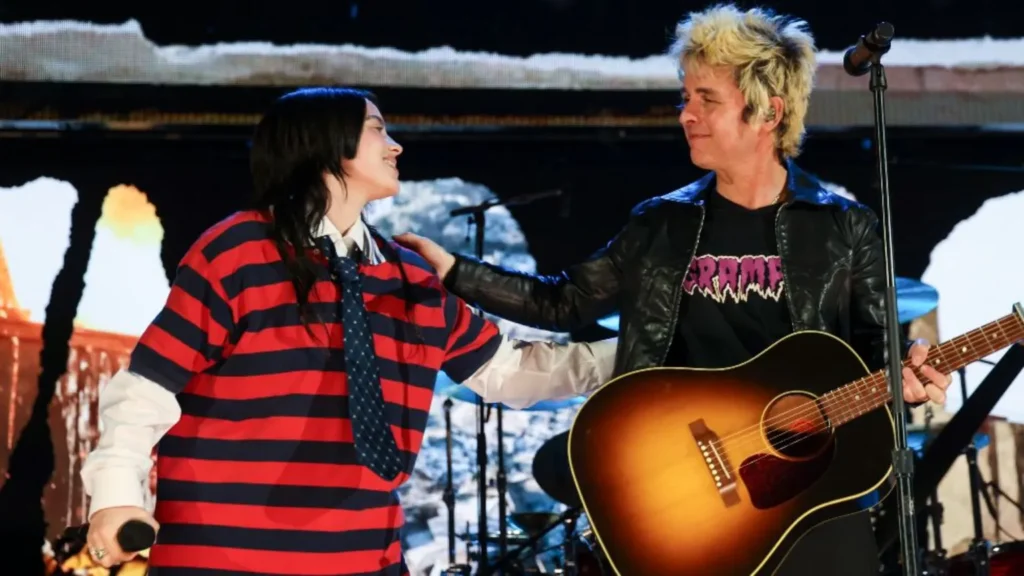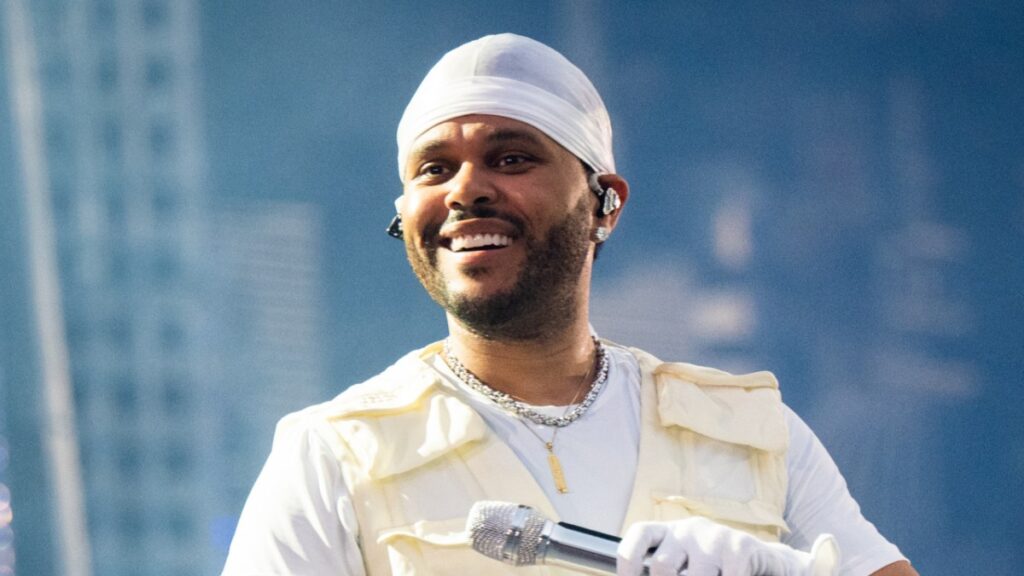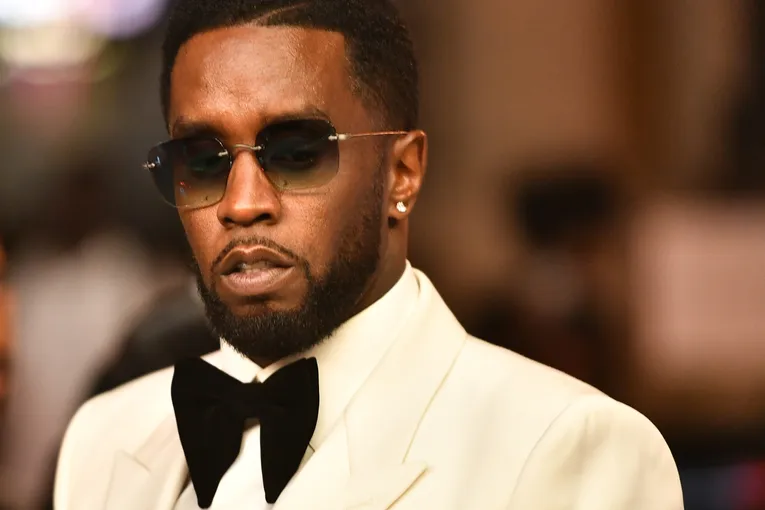The Indian parliament, a democratic institution that upholds the values of free speech, has been mired in controversy recently with the ruling Bharatiya Janata Party (BJP) denying opposition leader Rahul Gandhi the right to speak without an apology. The latest development has left many questioning the government’s commitment to democracy and free speech, with concerns about the erosion of civil liberties in the country.
Rahul Gandhi, the former president of the Indian National Congress, has been facing accusations from the ruling party of attempting to incite communal tensions in the country. He has denied the allegations and has sought to respond to them in parliament. However, the BJP has refused to allow him to speak unless he first apologizes for his alleged inflammatory comments.
This move by the BJP has been widely condemned by opposition parties, civil society groups, and activists, who have accused the government of trampling on the right to free speech and stifling dissent. Many have also questioned the BJP’s commitment to democracy, with some alleging that the party is attempting to silence its critics through intimidation and coercion.
The BJP’s stance has been met with strong resistance from the opposition, with many lawmakers staging protests in parliament and outside, demanding that Rahul Gandhi be allowed to speak without preconditions. The opposition has accused the BJP of using its majority in parliament to suppress dissent and muzzle opposition voices.
The BJP’s actions have also drawn criticism from international organizations, with the United Nations expressing concern about the erosion of civil liberties in India. The UN has called on the Indian government to uphold the right to free speech and ensure that all voices, including those critical of the government, are heard.
The controversy over Rahul Gandhi’s right to speak without an apology is just the latest in a series of incidents that have raised concerns about the state of democracy in India. The country has been grappling with a range of challenges, including rising communal tensions, polarization, and attacks on free speech.
Many experts have pointed to the growing intolerance in the country as a cause for concern, with some warning that it could lead to the erosion of democracy and civil liberties. The government’s actions in parliament, including its refusal to allow opposition voices to be heard, have only added to these concerns.
To ensure that democracy and civil liberties are upheld in India, it is essential that the government takes steps to promote tolerance and respect for diversity. This includes protecting the rights of all citizens to free speech, regardless of their political views or affiliations.
The government should also work to address the underlying causes of communal tensions and polarization, including poverty, inequality, and discrimination. It is only by addressing these issues that the country can move towards a more inclusive and tolerant society.
In conclusion, the controversy over Rahul Gandhi’s right to speak without an apology has highlighted the challenges facing democracy and free speech in India. The government’s actions in parliament have been widely condemned, with many accusing the BJP of trying to silence its critics and suppress dissent. To ensure that democracy and civil liberties are upheld in India, it is essential that the government promotes tolerance and respect for diversity, protects the right to free speech, and addresses the underlying causes of communal tensions and polarization.





